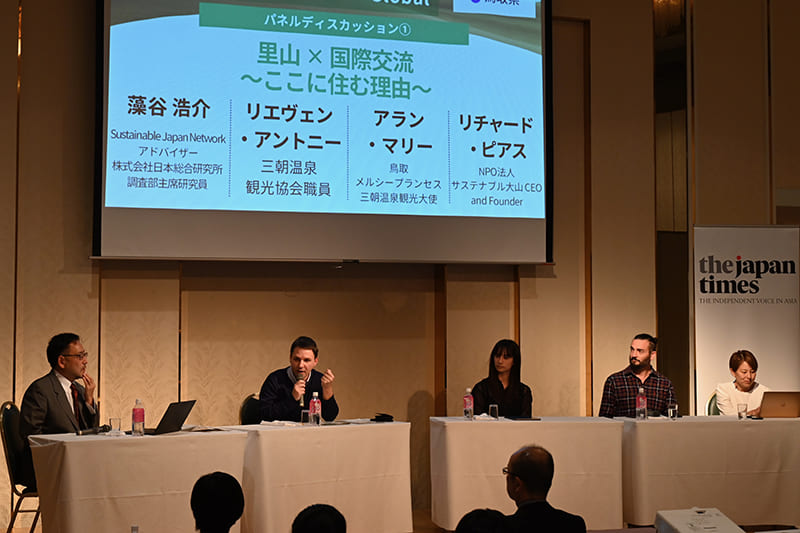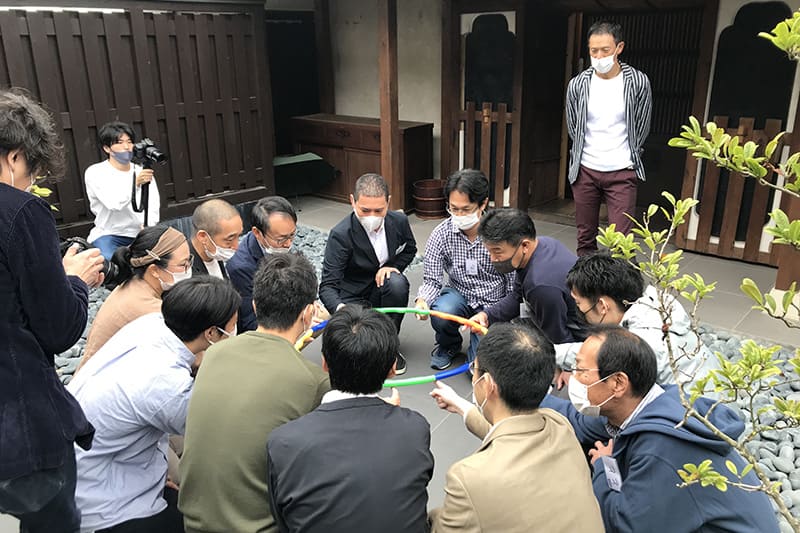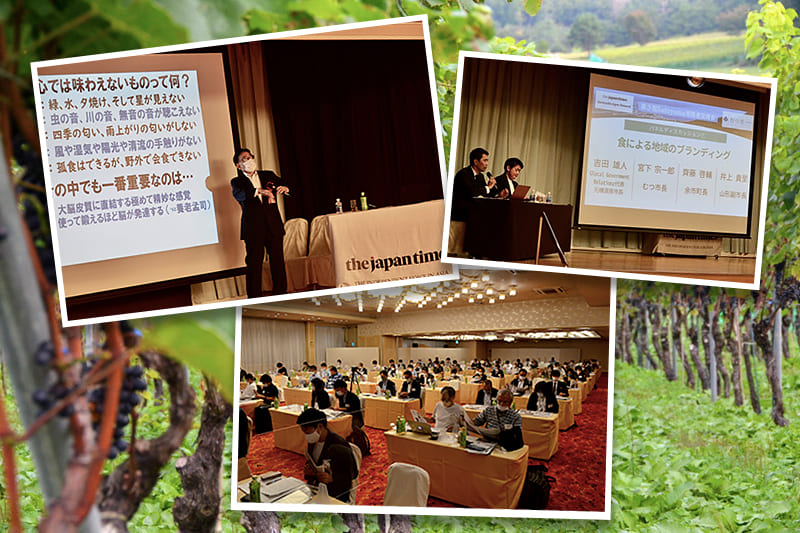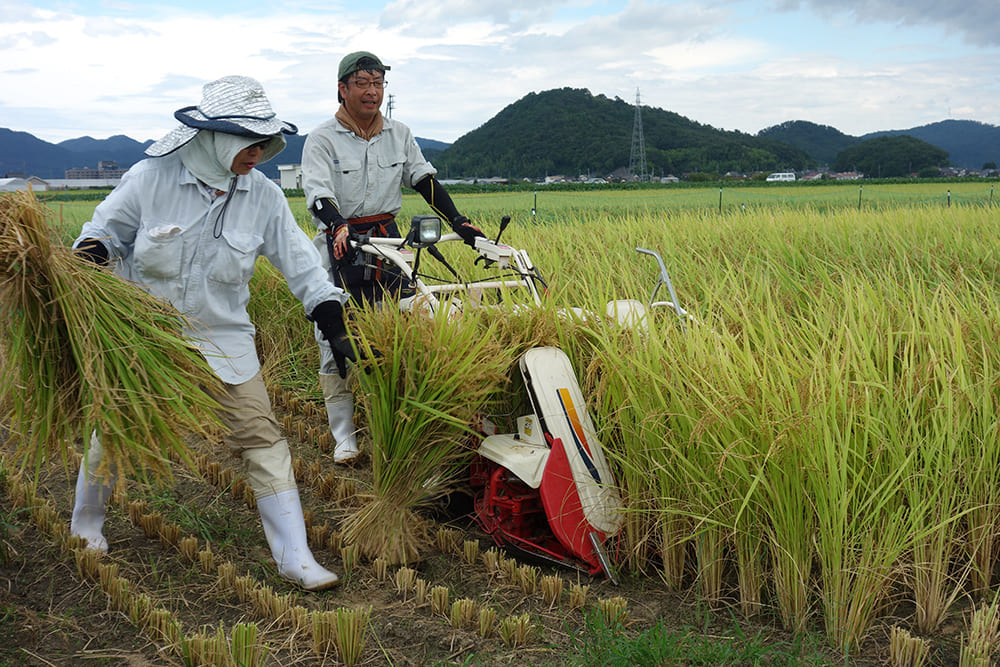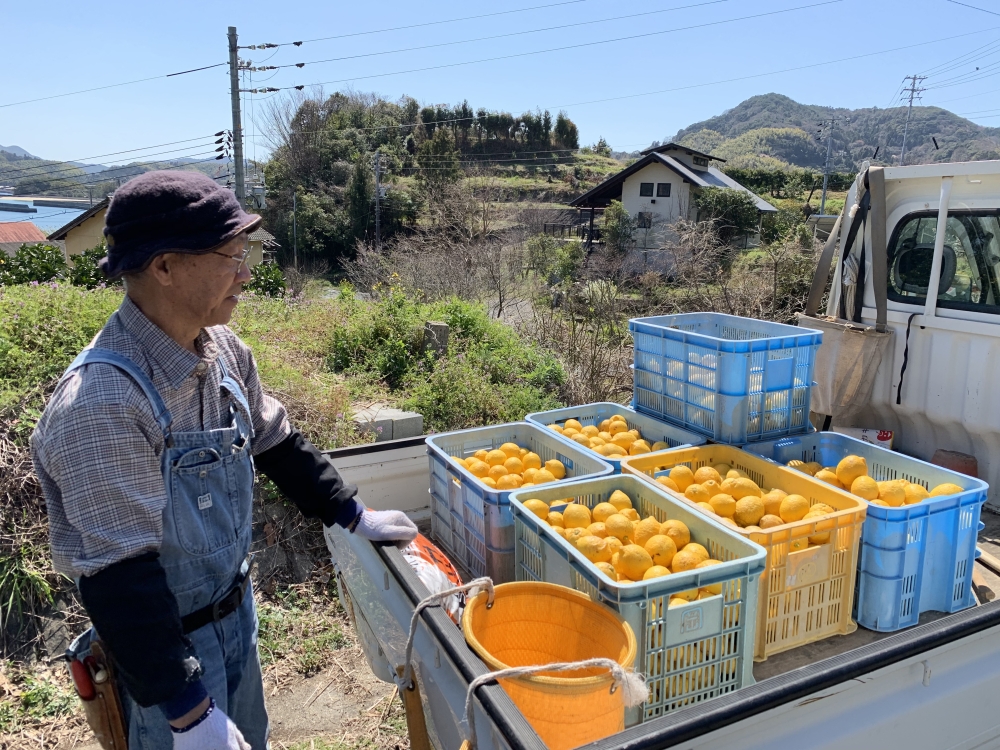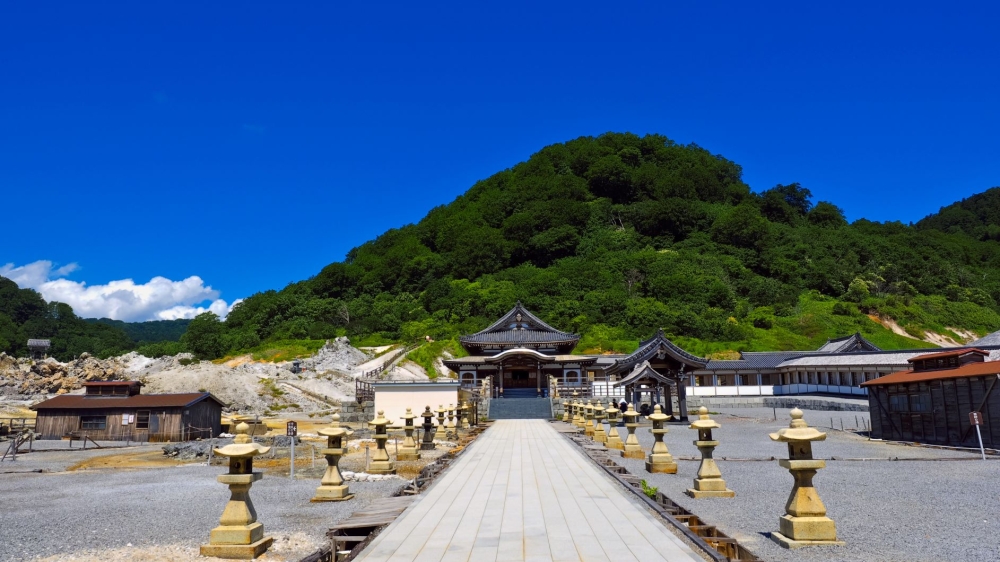July 24, 2024
Shonai connects rural areas to people nationwide, global markets
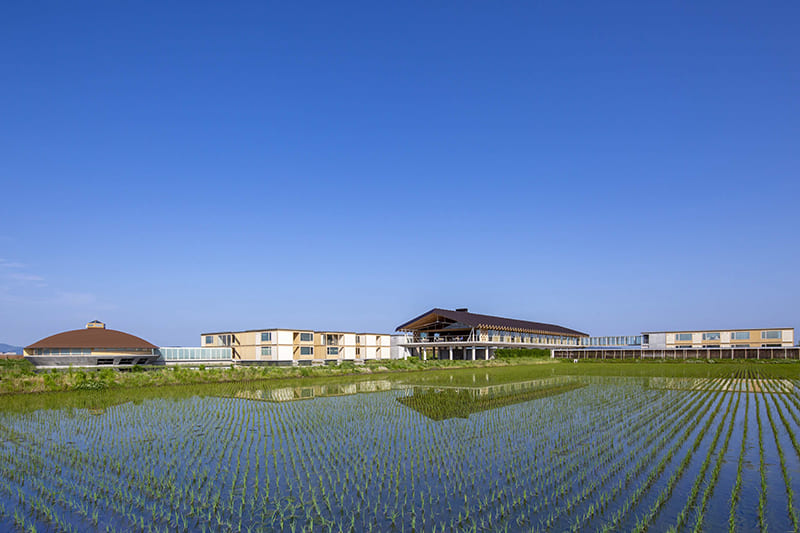
A sophisticated wooden structure overlooks fields in Yamagata Prefecture’s Shonai region, famed for its rice: Suiden Terrace, a hotel run by Local Resorts Inc., a subsidiary of Shonai Inc., founded by entrepreneur Daisuke Yamanaka in 2014. Designed by the internationally renowned Shigeru Ban Architects, the hotel attracts guests from both at home and abroad, helping to invigorate the region.
Last year, Shonai received the Sustainable Japan Satoyama Excellence Award, presented by The Japan Times, for its achievements in bridging rural areas and the world in a wide range of business areas while tackling various social issues.
Yamanaka was born in Tokyo and raised in various countries abroad. After graduating from university in Tokyo, he worked for a leading property developer. But he made a bold and quick decision to change not only his career path but also his life when he fell in love at first sight with the Yamagata city of Tsuruoka, which he visited at the invitation of a friend. He found a job there that offered the opportunity to create a greater impact on society and moved there.
He took charge of a project planning how to utilize unused land in the area, and soon afterward got the idea of building a hotel with a picturesque view of rice paddies, and decided to establish his own company to do it himself. The company drew investments from local firms that shared a common sense of urgency on acting for the survival of rural communities facing depopulation and a weakening economy. “It is not that I knew how to win the game, it is just that using a location blessed with a view of open rice paddies was the best strategy I could think of,” Yamanaka said.
The hotel now receives 60,000 guests annually. Many municipalities across the country are curious about this success, and some have approached the company to discuss the possibility of creating similar hotels in their region. “We are planning to open 10 new hotels that offer views of rural and agricultural landscapes, as well as meals using locally produced ingredients, across the nation by 2030,” Yamanaka said.
The success of those hotels depends largely on the preservation of agricultural activities and landscapes. “That’s why we don’t just build hotels but collaborate with municipal governments to promote local agriculture,” he said. Shonai has a company under its umbrella, called New Green, that is dedicated toward agricultural business and aims to penetrate the global market with high-quality made-in-Japan agricultural products.
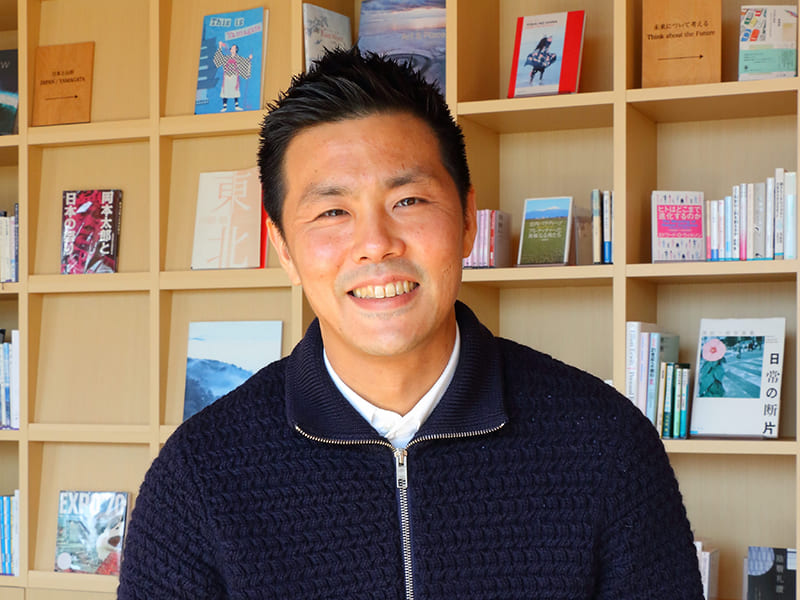
“Japan’s agriculture faces the contradiction of selling to a shrinking domestic market rice and other crops whose prices are declining, produced using chemical fertilizers and pesticides made of expensive imported chemicals. How about turning it around completely? We can be profitable by attracting the global market with high-value crops grown organically using new technologies and unused resources,” Yamanaka said.
One such effort involves the Aigamo robot, invented by company Vice President Tetsuya Nakamura. Named after the aigamo breed of domesticated duck, it kicks up mud in flooded paddies, keeping sunlight from reaching weeds and burying their seeds in mud so they cannot germinate. “We have also been providing this technology to other parts of the world, including Vietnam and China,” Yamanaka said.
His approach to always think globally comes from the conviction that it is risky to depend only on domestic demand in a country with a falling population. “But for rural areas to do business internationally, it is essential to secure human resources who can work beyond borders and enough financial resources,” he said.
And so the Shonai company Xlocal focuses on connecting human resources across the nation with companies in rural areas and on helping those companies access various forms of funding. Yamanaka believes that enabling diverse human resources and funding will help drive the growth of regional enterprises with high potential in the global market, especially in the food and beverage industry.
Bringing in talent from outside is not the only solution for revitalizing rural areas in Japan. Shonai has also engaged in teaching children through the educational facilities it operates and also through projects and programs that aim to provide children with diverse experiences.
To increase the amount of money that can be spent on education while making the business able to contribute to environmental sustainability, Shonai provides various decarbonization solutions to companies across the country while investing profits into education in rural areas.
As the company celebrates its 10th anniversary next month, Yamanaka has a renewed sense of mission to achieve annual sales of ¥10 billion ($60 million) by 2030 to invest more into education for children. “The private sector should think about how it can complement areas where efforts by the government alone are insufficient. Creating a circulatory ecosystem of earning well through business and spending well on our children and future — that is how a company should be,” Yamanaka said.

